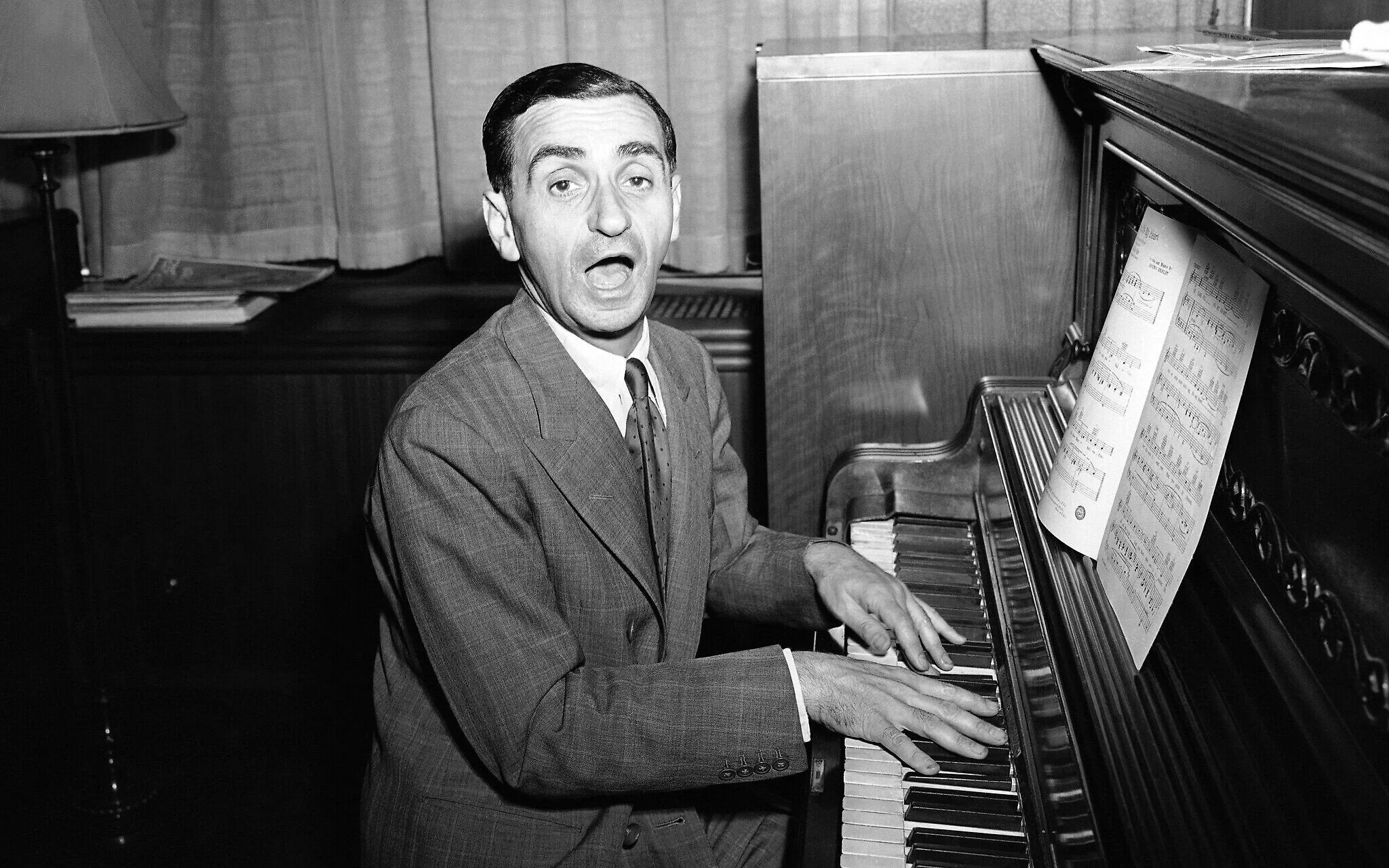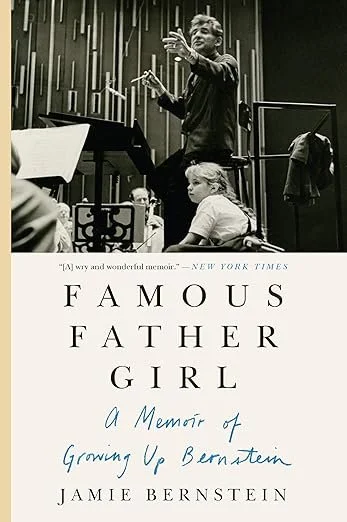Pop Music, Christmas Songs, & Musicals
At the turn of the twentieth century, many Jewish composers worked in Tin Pan Alley, developing new songs quickly for very little compensation. A surprising number of them broke through the clutter.
Irving Berlin wrote over 1,500 songs. He began composing before he could even read music. His hits include “White Christmas” and “G!d Bless America.”
I think it is remarkable that Berlin wrote “G!d Bless America,” because he was so full of gratitude for the country that took in his family and allowed him to build a successful career. Honestly, before researching Jewish American contributions to pop culture, the only thing I knew about this song is that Woody Guthrie hated it and wrote “This Land is Your Land,” as a musical opposition to the values he thought were embedded in Berlin’s song. It is so poignant that wasn’t in fashion when it was originally written during World War I and that Berlin gave it to a well-known singer to increase patriotism at the beginning of World War II.
It is also quite remarkable that the soundtrack to the Christmas season was primarily written by Jews. An hour-long documentary on this phenomenon was produced, titled “Dreaming of a Jewish Christmas.” Here is the trailer:
Christmas is not the only American cultural touchpoint littered with Jewish contributions.
George and Ira Gershwin contributed many songs and recordings to the American songbook.
Many other Jewish composers and lyricists also contributed to the zeitgeist. The poignant origin of “Somewhere Over the Rainbow,” by composer Harold Arlen and Yip Harberg was explained by Judith Light in Saturday Night Seder, an incredible production created during the first month of shelter in place in 2020, during the time when we took the long-term consequences of COVID seriously.
If the above video doesn’t immediately begin playing the song, go to a separate webpage and type in https://www.youtube.com/watch?v=QGRsH2Qti_Q&t=727s
The experience was so extraordinary that a snippet was included in the Academy Award telecast for the year.
Jewish American participation in pop music, especially musicals, continued with Richard Rodgers, Leonard Bernstein, and Stephen Sondheim, among others.
An insightful memoir of working with Leonard Bernstein, followed by a solipsistic look at life as his daughter
The lack of understanding of Bernstein’s deep Jewish identity in Bradley Cooper’s film “Maestro,” can be attributed to the fact that Jewish culture, identity, and spirituality were not significant aspects of his children’s lives. This can be seen in Jamie Bernstein’s memoir.
Jews are complicated, like any other humans. Emancipation came late to Jews and the freedoms available in the United States were greater than in any other country we inhabited until the re-founding of the state of Israel. Some maintained their Jewish identities and past those identities onto their children. Others never forgot their Jewish roots while creating families less connected to Judaism than to the majority Christian culture of the United States. Jewish ambivalence toward religion was exacerbated by The Catastrophe, when one-third of Jews alive were slaughtered during World War II. It is hard to maintain belief in an all-knowing, compassionate, and just G!d when your people are annihilated. The large number of Jewish atheists and Jewish seekers connecting to other traditions can be directly connected to our continuous history of persecution.
As continuous outsiders, it has been easy for us to challenge the status quo and push the edges of mainstream culture, shaping it towards a more inclusive future. I am quite proud of our contributions, both to American pop culture generally and to Christian celebrations in particular.


